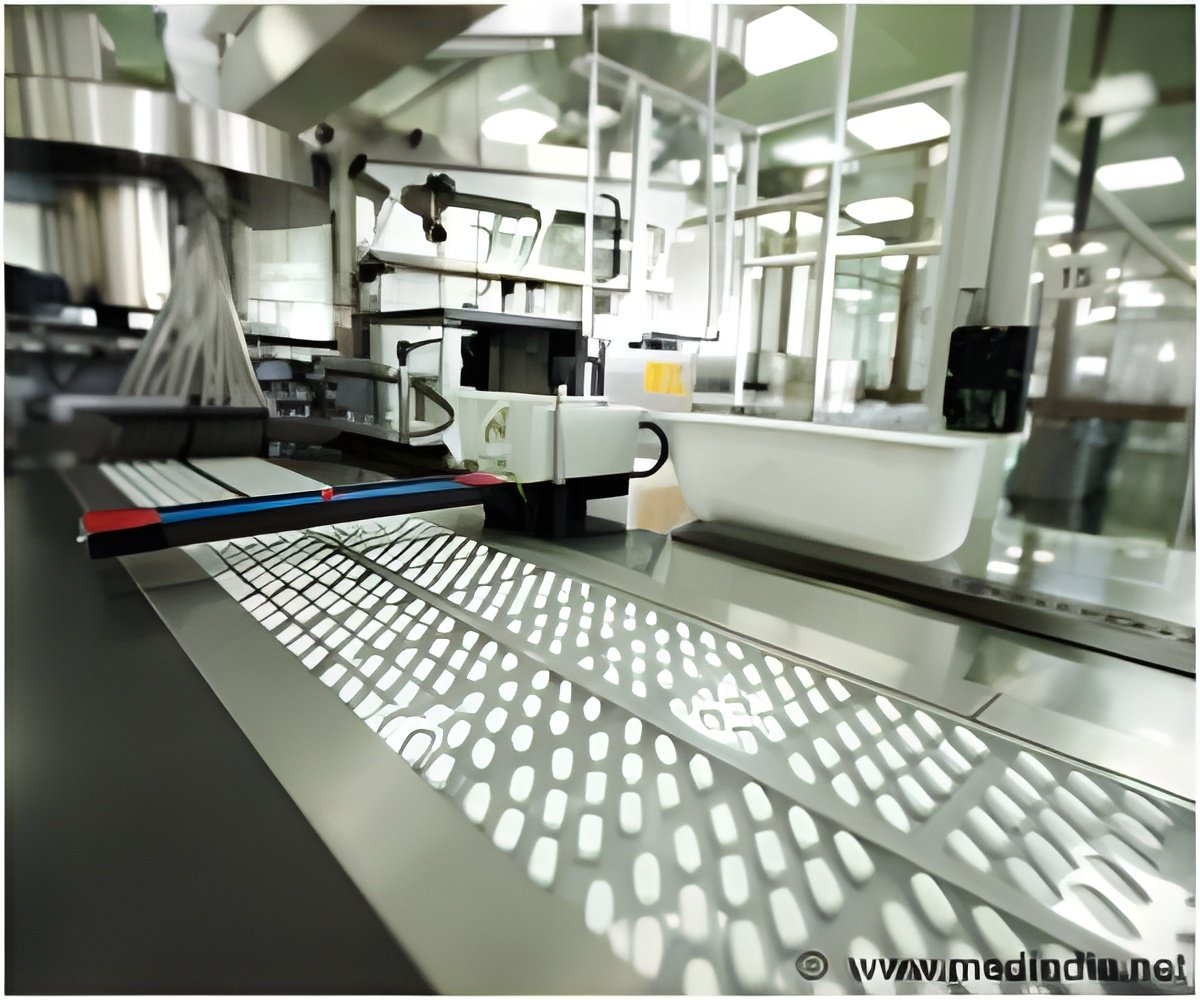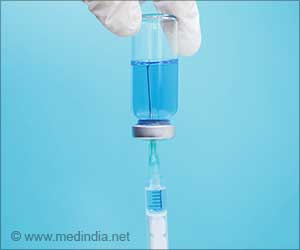Process that facilitates and accelerates chemical synthesis and biological screening by combining all steps on a chip was developed.

‘chemBIOS technology hastens screening and drug development in a cost effective manner. The entire process from synthesis to screening takes only three days and about 1 ml of total solution.’
Read More..




Drug development is based on high-throughput screening of large compound libraries. However, the lack of miniaturized and parallelized methodologies for high-throughput chemical synthesis in the liquid phase and incompatibility of synthesis of bioactive compounds and screening for their biological effect have led to a strict separation of these steps so far. This makes the process expensive and inefficient. "For this reason, we have developed a platform that combines synthesis of compound libraries with biological high-throughput screening on a single chip," says Maximilian Benz of KIT's Institute of Toxicology and Genetics (ITG).Read More..
This so-called chemBIOS platform is compatible with both organic solvents for synthesis and aqueous solutions for biological screenings. "We use the chemBIOS platform to perform 75 parallel three-component reactions for synthesis of a library of lipids, i.e. fats, followed by characterization using mass spectroscopy, on-chip formation of lipoplexes, and biological cell screening," Benz adds. Lipoplexes are nucleic acid-lipid complexes that can be taken up by eukaryotic, i.e. human and animal, cells. "The entire process from library synthesis to cell screening takes only three days and about 1 ml of total solution, demonstrating the potential of the chemBIOS technology to increase efficiency and accelerate screenings and drug development," Benz points out. Usually, such processes need several liters of reactants, solvents, and cell suspensions.
Recently, the chemBIOS technology was nominated for one of the first three places of KIT's NEULAND Innovation Prize 2019 by a jury of representatives of research and industry.
Drug Development: Big Effort and Few Hits
Due to the immense time expenditure and spatial and methodological separation of the synthesis of compounds, screening, and clinical studies, development of new drugs often takes more than 20 years and costs between two and four billion dollars.
Advertisement
Then, biologists analyze the molecule library for biological activity. Highly active compounds, so-called hits, are returned to chemistry. Based on this pre-selection, chemists synthesize further variations of these compounds. These secondary molecule libraries then contain optimized compounds. After this cycle has been repeated several times, a few promising compound candidates are transferred to the medical part of drug development, in which these compounds are tested in clinical studies. Of several then thousands of compounds subjected to first screenings, only one or sometimes no compound reaches the last step of drug development: approval of the new drug.
Advertisement
Source-Eurekalert







